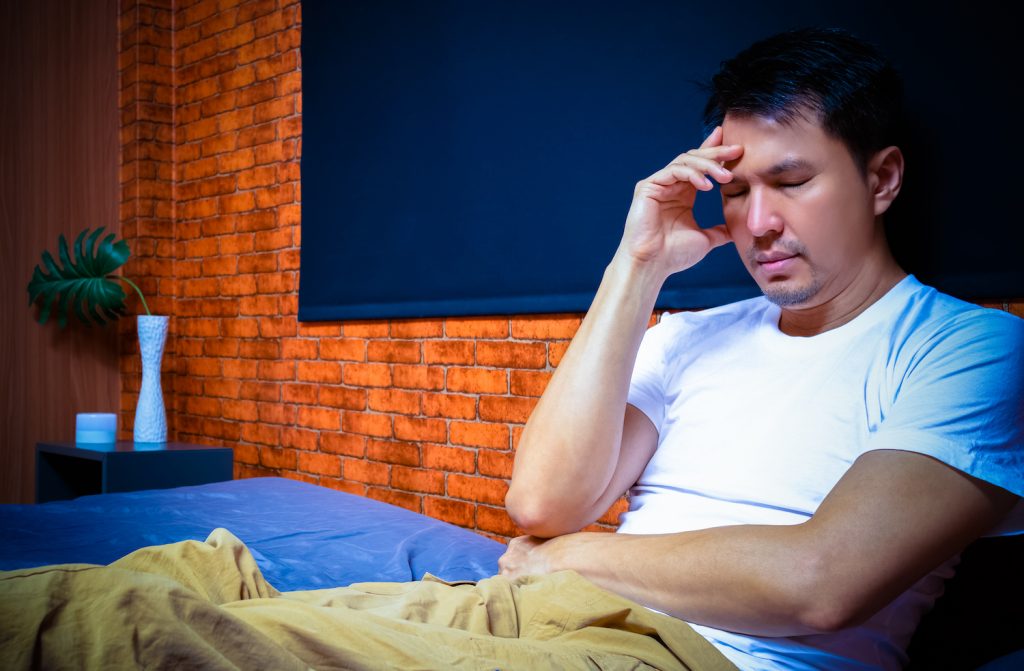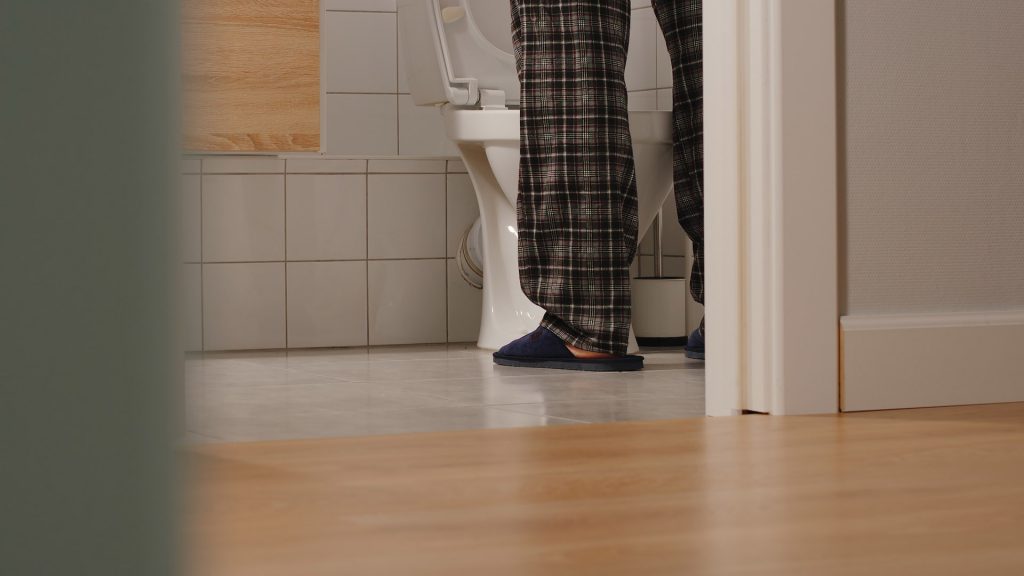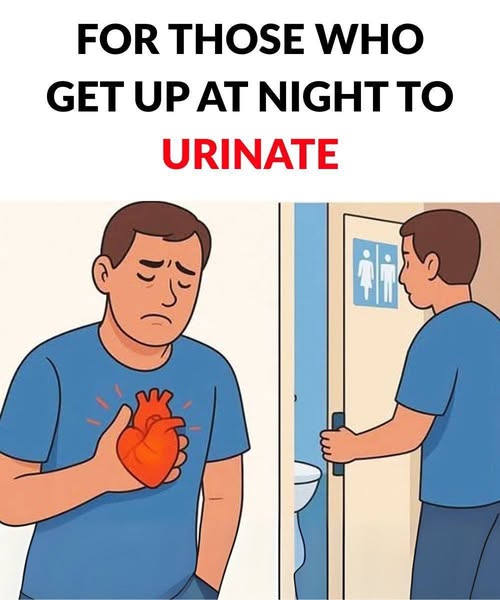Waking up in the middle of the night to use the bathroom is something most people experience occasionally. However, when this becomes a regular nightly routine, it may signal a condition known as nocturia. Understanding the difference between normal nighttime urination and a potential health issue is key to improving your sleep and overall well-being.
What Is Nocturia?
Nocturia refers to the need to wake up one or more times during the night to urinate. While it’s common among older adults, it can also affect younger individuals due to lifestyle habits or underlying medical conditions. Typically, most people can sleep for 6–8 hours without needing to empty their bladder. When this pattern is disrupted frequently, it may be a sign that something is interfering with your body’s natural processes.

Normal vs. Abnormal Nighttime Urination
Occasional nighttime trips to the bathroom, especially after drinking lots of fluids before bed, are generally nothing to worry about. However, waking up to urinate more than once every night, consistently, may indicate abnormal nocturia.
- Here are some signs that may suggest a problem:
- Waking 2 or more times nightly to urinate
- Experiencing fatigue or poor sleep quality
- A sudden increase in nighttime urination frequency
- Difficulty falling back asleep afterward
- If these symptoms persist, it’s a good idea to explore possible causes and speak with a healthcare provider.
Common Causes of Nocturia
Several factors can contribute to nocturia, including:
Excessive Fluid Intake at Night
Drinking large amounts of water, tea, or other fluids—especially diuretics like alcohol or caffeine—before bedtime increases the likelihood of needing to urinate.
Age
As people age, their bladder capacity may decrease, and the body produces less of the hormone that concentrates urine, leading to more frequent nighttime trips.
Medical Conditions
- Urinary tract infections (UTIs)
- Diabetes (Type 1 or Type 2)
- Bladder or prostate disorders
Heart or kidney problems
These conditions may all contribute to increased nighttime urination.
Sleep Disorders
Conditions like sleep apnea can also cause nocturia, as disrupted breathing patterns impact hormone regulation and fluid retention.
How to Reduce Nighttime Bathroom Visits
Fortunately, there are simple steps you can take to reduce nighttime urination:
- Limit fluid intake 1–2 hours before bed
- Avoid caffeine and alcohol in the evening
- Elevate your legs before bedtime if you retain fluid in your lower body
- Empty your bladder completely before going to sleep
- Maintain a healthy weight to reduce pressure on the bladder
In addition, keeping a bladder diary—recording how often and how much you urinate—can help identify patterns and triggers.
When to Seek Medical Advice
If lifestyle adjustments don’t help, or if your nighttime urination is accompanied by pain, urgency, blood in the urine, or swelling, consult a healthcare provider. You may need tests to rule out more serious conditions and determine the appropriate treatment. Nocturia can often be managed or even resolved with the right approach.

Final Thoughts
While occasional nighttime urination is normal, frequent disruptions to your sleep shouldn’t be ignored. Understanding what’s normal—and recognizing when something might be wrong—can help you take control of your health and improve your quality of life. Better sleep starts with a better understanding of your body—and sometimes, a simple change in habits can make all the difference.

















